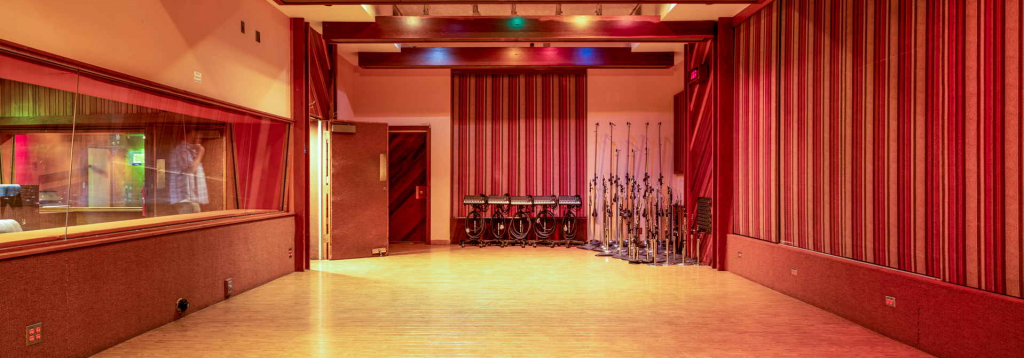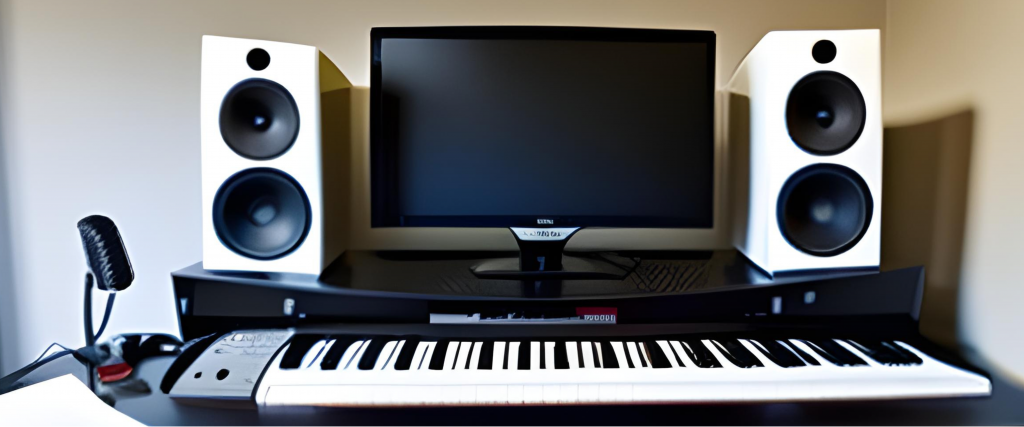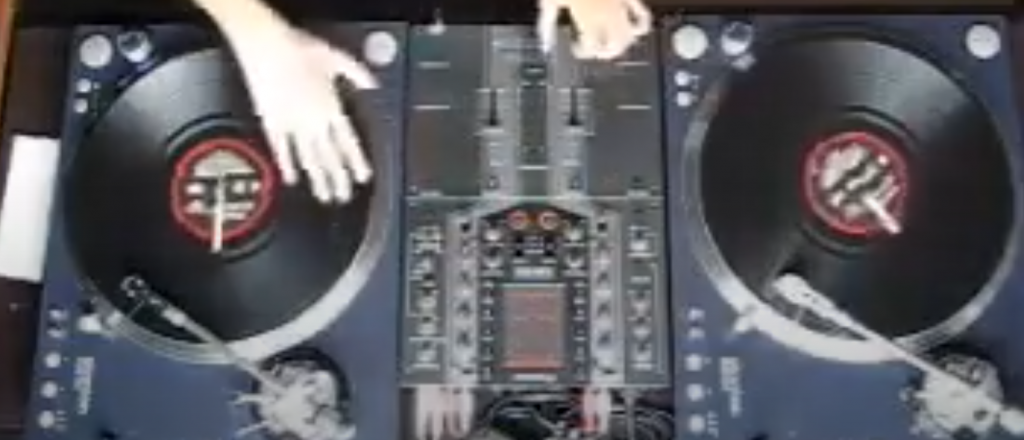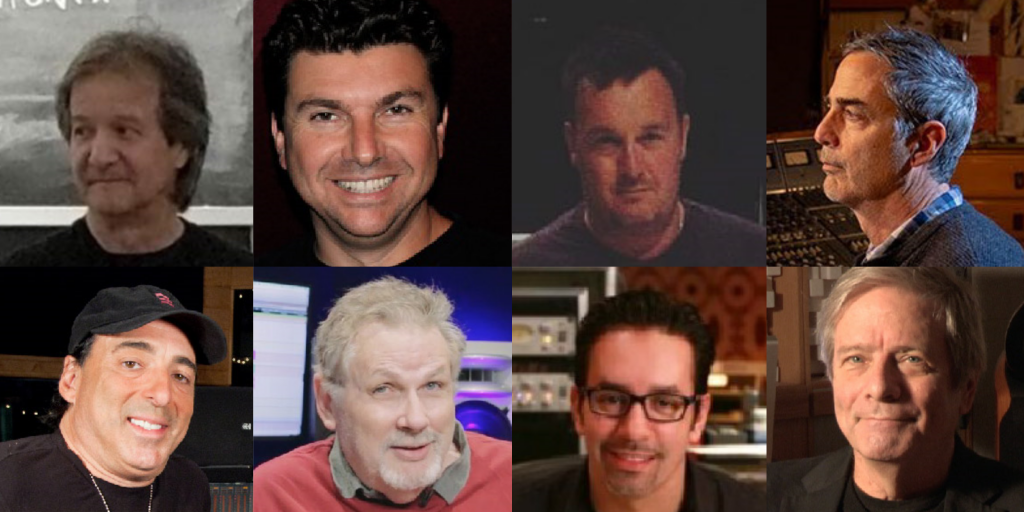How to make money as a music producer

How to make money as a music producer
Almost every commercial music production goes through multiple steps, that involve different professions and professionals before it’s ready for release. A textbook chain of production would be: Songwriting → recording → mixing → mastering.
What is commonly deemed the music producer’s task also depends on the genre. For example, a rock band is more likely to compose its own music than a rapper. Thus, the role of the producer in rock is usually that of a recording and mixing engineer, while a music producer that works in hip hop is often someone who primarily creates beats for rappers.
Whatever genre you’re in: There are many ways to make money as a music producer by participating in the process. In this post, I will cast a light on the various types of people making a living in music production and touch on their unique streams of income.

The studio owners
Professional studio
Professional studio owners invest in state-of-the-art recording equipment and acoustically treated rooms. Their studios are typically spacious, allowing for the recording of full bands, orchestras, or choirs.
On top of providing many different instruments, and recording hardware, these owners have established connections with industry professionals. Thus, their clients can benefit from session musicians, songwriters, and sound engineers if necessary. Additionally, professional studios tend to provide services like mixing and mastering. Some studios even have a room dedicated to mixing in Dolby Atmos.

Home studio
On the other hand, home studio owners have the advantage of convenience and affordability. Thanks to technological advancements, almost anyone can set up their own recording space and make money as a music producer. Home studio owners typically have a smaller setup focused on recording individual instruments or vocals.
These owners may not have access to the same level of equipment or expertise as professional studios, but they can still produce high-quality recordings. Home studios offer a more relaxed and intimate atmosphere, which some artists prefer for their creative process. They may also be more flexible with scheduling and have lower rates, making them an attractive choice for artists on a budget.

The beatmaker
The beatmaker is a type of music producer who specializes in creating instrumentals, also known as beats. Unlike those who are involved in songwriting or recording artists, a beatmaker focuses primarily on crafting the musical foundation of a song to make money as a music producer. He excels at creating catchy melodies, unique chord progressions, and drum patterns that form the backbone of a track.
One of the main offerings of beatmakers is selling beats or instrumentals to artists who are looking for musical backgrounds for their songs. These beats can be tailored to different genres and niches, and are often available for purchase or lease. Some beatmakers also create and sell sample packs, drum kits, or even presets. Sync licensing is also an option.
In today’s digital age, social media plays a crucial role for beatmakers. Platforms such as Instagram, YouTube, and SoundCloud provide avenues for beatmakers to showcase their talents and connect with potential customers. By posting snippets of their beats, creating tutorials, or sharing their sample packs and drum kits, beatmakers can attract followers and build a loyal fan base. Social media also offers opportunities for collaboration with artists, producers, and other industry professionals. This can help beatmakers to expand their network and increase their exposure.

The sound designer
Sound designers create and manipulate sounds to enhance the overall sonic experience of a song or production. They are responsible for creating or sourcing unique and innovative sounds, textures, and effects that add depth, atmosphere, and character to a music piece (or movie, game, etc.).
Sound designers can work as freelancers, collaborating with artists, producers, or composers on specific projects. They may charge a fee or negotiate a contract for their services, which can include creating custom sound effects, designing unique sonic elements, or adding layers of audio ambiance. Sound designers may also generate income through royalty payments or licensing agreements for their original sound creations used in music releases, films, video games, commercials, and other media projects. Additionally, they can provide their services for live performances, theater productions, or immersive experiences, leveraging their expertise to ensure that the sound design elements complement the overall artistic vision.
Some sound designers are crazy and will climb into a deep cave just in order to record a unique impulse response for a reverb.
The songwriter (or composer)
Songwriters bring their unique blend of musicality and storytelling to songs. While the songwriters might also be singers, they primarily contribute to writing and arranging compositions. Composers write songs as well, but they usually deal less with lyrics and more with instruments. They will rather work in instrumental or orchestral music, writing scores for film, TV, theater, or classical compositions.
Songwriters can be hired by producers, artists, or composers alike – much like the session musician. Additionally, songwriters make their money with live performances, royalties from recorded music, licensing their songs for use in commercials or films, and merchandising.
I’m a songwriter and I write about men and women
I can write about love and the stars up above
I’m a songwriter”
The self-made artist
Self-made artists who act as their own producers have a unique role in the music industry. They have complete creative control over their music, from writing and producing to recording and mixing. This allows them to shape their sound and vision with independence and authenticity. Two famous examples of self-made artists in modern pop music are Billie Eilish and Tyler, The Creator.
For artists, live performances and touring are usually the primary sources of income, providing revenue through ticket sales, merch, and sponsorships. Music streaming and sales are still important but can vary significantly based on audience size, popularity, or label agreements. Other streams of income include, but are not limited to publishing royalties, brand partnerships and endorsements, sync licensing, royalties through songwriting, and ad revenue through digital content creation (YouTube, Instagram, TikTok, etc.).
The DJ
DJs play a prominent role in music production by curating and mixing music to create seamless sets or mixes for live events, clubs, or radio. They create energy and atmosphere through their song selection and mixing techniques.
DJs make money through including performance fees for live shows, residencies at clubs or venues, selling merchandise, music releases, and collaborations, as well as through sponsorship and brand partnerships.

The session (or studio) musician
Session musicians play an essential role in professional music production by providing instrumental or vocal performances. They are often hired by producers, artists, or composers to enhance a recording or performance. A studio musician is a session musician who only does studio work, while other session musicians will also play live.
They make their money by charging a fee for their services, either on an hourly or per-project basis. They may also receive royalties for their contributions in the form of performance or mechanical royalties.

The engineers
While recording, mixing and mastering engineers don’t create music, they play a vital role in the final product. They ensure that recordings sound polished, balanced, and professional.
The recording engineer
Recording engineers handle the technical aspects of recording. They are responsible for setting up microphones, adjusting sound levels, ensuring audio quality, and overseeing the recording process. Ideally, they are working closely with the producer and artists to create the desired recording.
They can make their money by charging an hourly or project-based fee for their services. Additionally, they may have ongoing relationships with studios or record labels that provide a steady stream of work. Some recording engineers may also receive royalties or residuals for their contributions to specific recordings.
The mixing and mastering engineers
Mixing engineers are responsible for combining and adjusting individual tracks of a song, including vocals, instruments, and effects, to create a cohesive and engaging mix. Services provided by mixing engineers may include editing, enhancing individual tracks, adding effects, and creating a final stereo mix.
Mastering engineers, on the other hand, focus on the overall post-production process. They optimize the final stereo mix for different formats (CD, streaming, vinyl, etc.) and ensure consistent playback across various systems. Services provided by mastering engineers may also include sequencing and arranging tracks for a cohesive album experience.
Some engineers work on a project-by-project basis and charge a flat fee for their services. The fee can vary based on the engineer’s expertise, experience, and demand. Additionally, engineers may charge extra for revisions or adjustments requested by the client.

The freelancer
Fiverr, Upwork, and SoundBetter are popular platforms where freelancers can market their services and connect with potential clients. As a freelancer in music production, there is a wide range of services one can offer. These include ghost production, ghostwriting, songwriting, custom beats, and mixing and mastering. Additionally, freelancers can offer vocal editing, sound design, live audio engineering, or even music consultation and coaching in order to make money as a producer. No matter what is in demand: if they can do it, they will sell it!
One of the bigger challenges when starting out is global competition. Freelancers from around the world can offer their services on these platforms, creating a highly competitive environment. If your costs of living are high, you are at a disadvantage, because you need to consider them while still setting your rates attractively. Over time, building a strong brand and portfolio, leveraging client testimonials, and offering high-quality work will help to get orders.
The influencer
Music producers also have an opportunity to turn into influencers by sharing their expertise, insights, and experiences in the industry. Through various channels such as social media, YouTube, blogs, and podcasts, producers can engage with a wider audience and establish themselves as influential voices within the music community. This is yet another way to make money as a music producer!
Here are a few ways in which music producers can expand their repertoire:
- Insightful content creation: Producers can create valuable content by sharing production tips, techniques, and tutorials. They can educate aspiring producers and provide them with practical advice. This can include demonstrating specific production techniques, reviewing gear and software, discussing industry trends, or sharing behind-the-scenes stories from their own projects.
- Product reviews and endorsements: Music producers can become influencers by offering honest and thorough reviews of products. Recommending or endorsing products can influence their audience’s purchasing decisions and ideally help them make informed choices.
- Vlogging and video content: Many music producers have found success in vlogging or creating video content centered around their music production journey. This can include documenting studio sessions, showcasing their creative process, sharing workflow tips, or even showcasing collaborations with other artists. Vlogs provide a more personal and engaging way for producers to connect with their audience and give them a glimpse into their everyday lives.
Prominent examples of music producers turned influencers include:
Produce Like a Pro: Warren Huart’s marvelous YouTube channel and online community Produce Like a Pro showcases his expertise and experience as a music producer. He and his colleagues are offering tutorials, tips, and insights into most aspects of music production.
Pensado’s Place: Hosted by music producer Dave Pensado and co-host Herb Trawick, Pensado’s Place is a popular YouTube series and podcast dedicated to music production and mixing. The show features interviews with industry professionals, offers mixing tips, and provides insights into the music industry.
Carlin Hines, popularly known as Busy Works Beats, has gained a significant following on his YouTube channel. He shares tutorials, beat-making techniques, as well as business advice, making him a go-to resource for aspiring music producers, especially beatmakers (hip hop, RnB).
These examples demonstrate how music producers can leverage their expertise and passion for music production to become influential figures within the community. Of course, you don’t necessarily need to be a successful producer first – you could also start out talking about your passion and make money as a music producer later.
